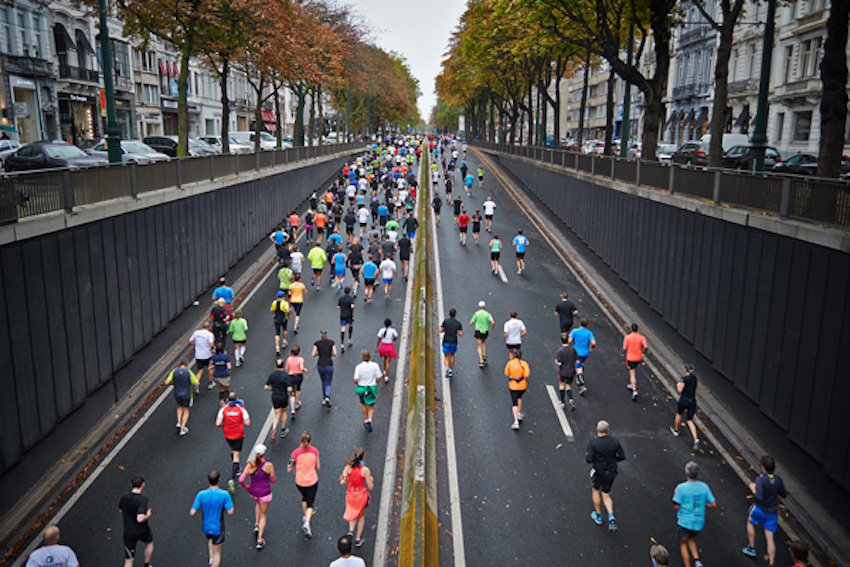
When a city shuts down roads for major events like a marathon, roads are closed, traffic jams are common, and access to services like hospitals are hampered.
Now, in a paper published in the New England Journal of Medicine, Anupam Jena and coauthors including HCP staff member Andrew Olenski found that there was a spike in mortality during these events for non-race participants living close by.
The study looked at older Americans and compared mortality rates within thirty days after having a major heart event during a marathon in a large city: patients admitted to a hospital on race day were almost 15 percent more likely to die within that time period compared with those admitted five weeks before or after. This translates to 3-4 people per 100 admitted. Ambulances were delayed on average by 4.4 minutes during marathons—critical gaps that could make major differences in survival.
So what can be done to ameliorate this? In a related press release, Jena said:
When cities host big marathons, or when people participate in races, they don't think that there might be a chance that a person not taking part in the race could die because of the event. These findings don’t mean we shouldn't have large public events, but hopefully our research will shine some light on the problem and suggest ways that planners can better provide for the health and safety of the people who live nearby.
The paper received coverage in the New York Times, Boston Globe, Wall Street Journal, NECN, WBUR, US News, TIME, The Atlantic, USA Today, Reuters, Associated Press, Harvard Business Review and other outlets.
Enjoy content like this? Sign up for our newsletter and follow HCP on Twitter.